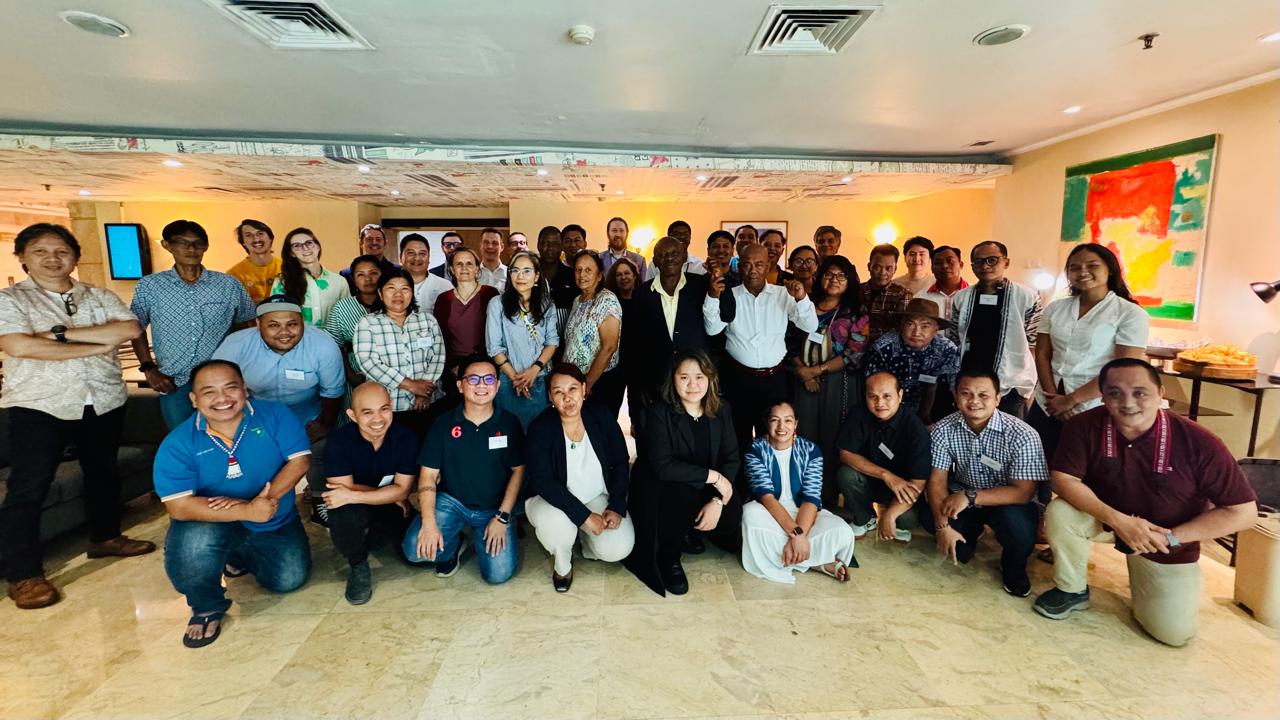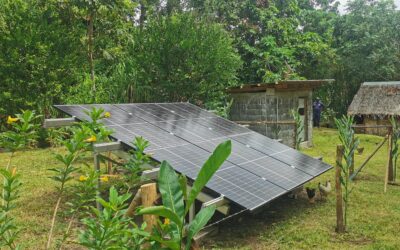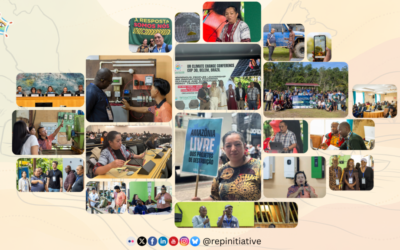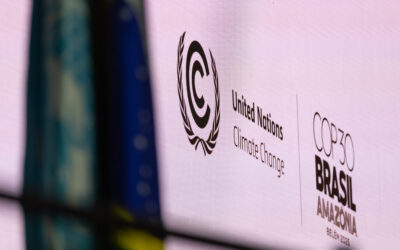
Jakarta, Indonesia – Thirty two Indigenous leaders from thirteen countries have issued a declaration calling for fundamental reforms to global certification schemes that impact Indigenous Peoples’ rights. The document, released following a three-day Global Convening in Jakarta on 10-12 March, exposes systemic failures in certification systems for commodities ranging from palm oil to carbon credits.
The declaration asserts that while some important gains have been made to embed safeguards for Indigenous Peoples’ rights into the language of certification standards, in practice, certification schemes covering commodities such as palm oil, timber, minerals, carbon credits, and renewable energy are routinely failing Indigenous Peoples.
Despite claims of sustainability and ethical practices, these systems frequently serve to legitimize the exploitation of Indigenous lands and resources without obtaining Free, Prior, and Informed Consent (FPIC) – a fundamental right enshrined in the UN Declaration on the Rights of Indigenous Peoples (UNDRIP).
“In too many cases, these certification seals are being used as rubber stamps for human rights abuses,” declared Robeliza Halip, the Executive Director of the Right Energy Partnership with Indigenous Peoples, one of the organizers of the convening . “While companies display these badges of honor, our communities face increasing violence, land grabs, and the destruction of our sacred sites.”
Key demands include:
- Immediate governance reforms to include Indigenous decision-makers in all certification schemes
- Elimination of financial ties between auditors and companies seeking certification
- Requirements for auditors to have training and experience in Indigenous Peoples’ histories, realities and rights
- Mandatory unannounced audits as well as planned audits that include or are led by Indigenous representatives
- Legal consequences for violations of Indigenous Peoples rights
The declaration also affirms that true recognition of Indigenous Peoples’ rights must go beyond participation in market mechanisms, and calls for Indigenous-led frameworks, that ensure that any process affecting indigenous lands and livelihoods is accountable to indigenous peoples.. It calls for a pause on certifications in disputed territories and the adherence of companies to the United Nations Declaration on the Rights of Indigenous Peoples and international human rights standards.
“Certification schemes cannot continue to greenwash the theft of our lands. True sustainability respects Indigenous Peoples’ sovereignty and FPIC,” said Prabindra Shakya, Convenor of the Asia Indigenous Peoples Network on Extractive Industries and Energy and also an organizer of the convening. “We demand systems that honor our rights, not commodify our futures.”
Click here for the full text of the declaration.
For interviews, please contact:
Robeliza Halip
Executive Director
Right Energy Partnership with Indigenous Peoples
Email: robie@rightenergypartnership.org
Whatsapp: +639214928244
Prabindra Shakya
Convenor
Asia Indigenous Peoples Network on Extractive Industries and Energy
Email: prabin@aipnee.org, shakya.prbn@gmail.com
Whatsapp: +9779860980745




0 Comments